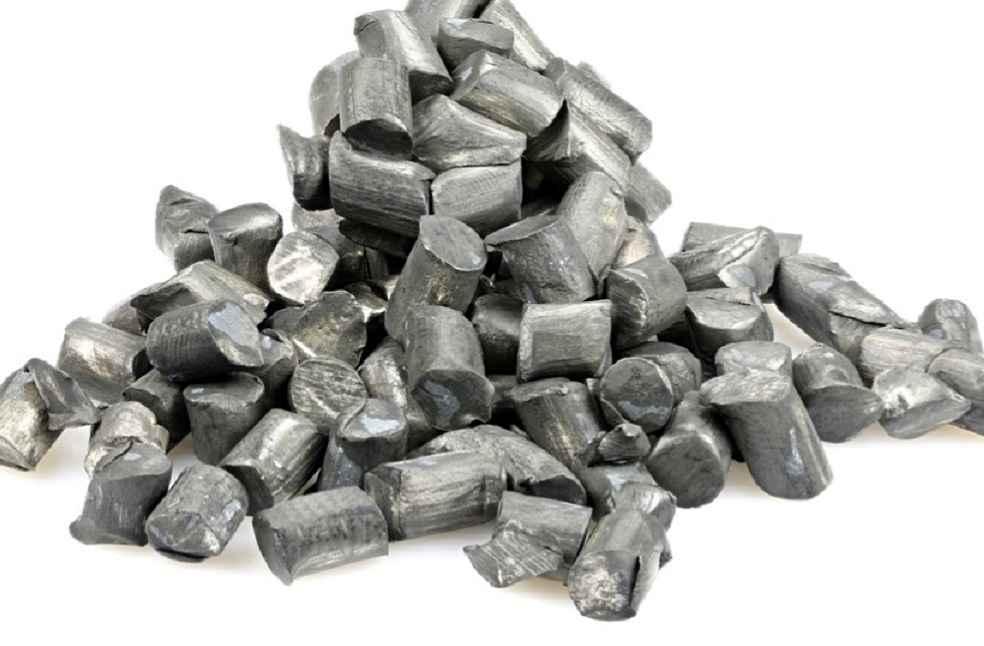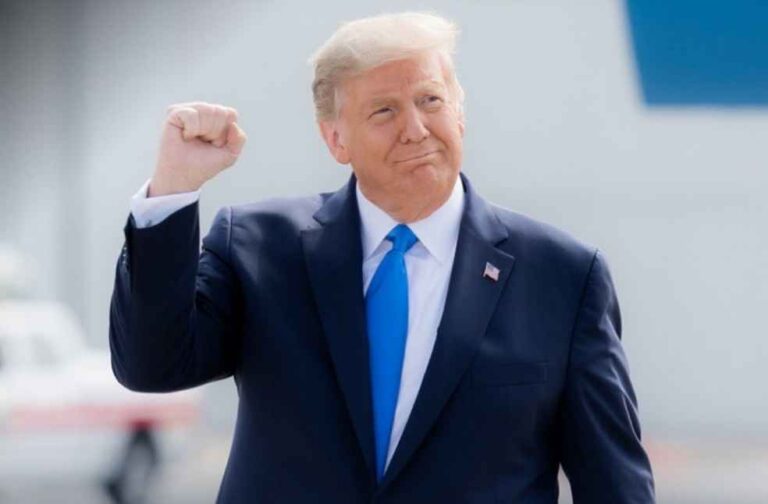U.S. President Donald Trump stated that Chinese leader Xi Jinping has agreed to resume the supply of essential rare earth materials. The announcement came alongside the declaration that a new round of U.S.-China trade negotiations will take place in London on Monday. A day after Trump’s anticipated phone conversation with Xi, he remarked that the two leaders have agreed to restart negotiations, which had been halted due to mutual claims of breaching the truce established in Geneva last month.
The development follows China’s suspension of exports of seven critical minerals to U.S. which are essential for manufacturing automobiles, robotics, and defense systems, directly impacting the U.S. industrial and defense supply chain.
Washington’s primary concern remains China’s export restrictions on rare earth minerals and magnets. In recent weeks, U.S. officials have accused Beijing of stalling approvals for rare earth shipments and failing to uphold its commitments made in Geneva. Meanwhile, Trump has been pushing for direct talks with his Chinese counterpart to resolve the issue urgently.

Following a 90-minute call on Thursday, Trump stated that he and Xi had resolved certain issues concerning rare earth magnets, calling the matter ‘very complex.’ However, he did not disclose the specific details of the agreement.
According to Fox News, citing The New York Times, overseas shipments of magnets ceased on April 4 due to the implementation of new licensing regulations. Companies must now secure special export permits, a process that takes 45 days. The export suspension also poses a challenge to Trump’s tariff strategy, as China supplies around 60% of the world’s critical minerals and processes an even greater share—up to 90%.

Just hours before the two leaders spoke, a Chinese commerce ministry spokesperson reaffirmed the country’s stance, highlighting the dual-use nature of rare earth materials, which serve both civilian and military purposes. The spokesperson, He Yongqian, stated that export license applications are reviewed under national laws, and approvals will be granted if applications meet the necessary criteria.
The stringent licensing system has severely disrupted global supplies of critical materials, causing production challenges across industries in the U.S. and Europe.
ORGANIZATIONS NEWS | BCI Warns Bangladesh Budget May Hurt Textile and Garment Exports



